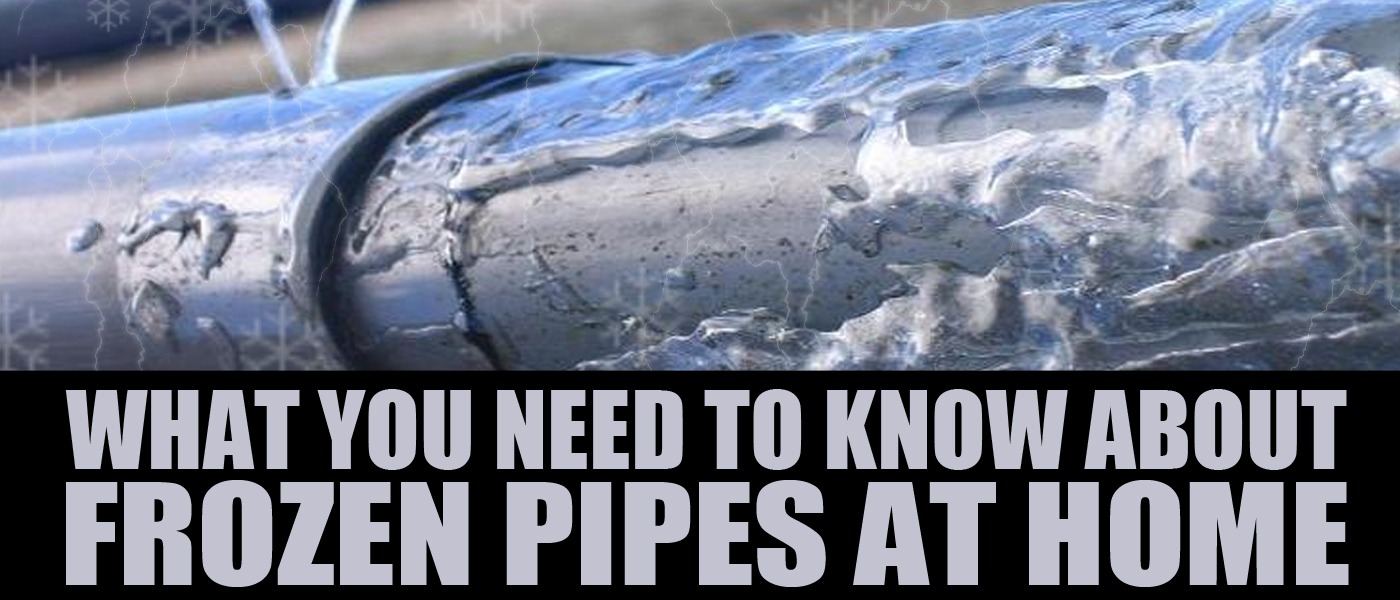Winter cold in Portland increases the risk of frozen pipes
Frozen pipes are scary. If you have ever lived through a burst pipe due to frozen water, you know just how scary it is.
Plumb Tech wants to prevent this scare. Read on for tips on how to prevent frozen pipes Portland homes can experience without careful planning.
What causes frozen pipes?
The recent extreme cold temperatures in Portland have created a substantial risk for frozen or burst pipes. As the temperatures drop, water in your pipes starts turning to ice.
Ice causes pressure and blockage. Over time, the pressure can cause a pip to burst. This ends water flow to fixtures, causes leaks and end sin a major repair bill. Increased pressure occurs to all pipes, including plastic, copper or steel.
Even a tiny crack in your plumbing line can release more than 250 gallons of water in a single day. That much water gushing out of your plumbing system can cause significant damage and high repair costs.
How can I prevent frozen pipes?
- Open the cabinet doors under your sinks and in storage areas to allow heat from the room to circulate around uninsulated pipes.
- Allow a trickle of water to drip overnight; however, be careful not to run the water into a drain line that is exposed to the extreme cold because that line might freeze.
- Insulate all pipes in unheated areas or against uninsulated outside walls, in garages or crawl spaces.
- Apply heat tape or thermostat-controlled heat cables around pipes that are exposed and prone to freezing.
- If you are leaving for the holidays, make sure your heat is turned on and is set no lower than 55 degrees.
What should I do if I have frozen pipes?
Sometimes, despite the best efforts, things happen. If you know or suspect you a problem with frozen pipes, here are some immediate steps to take:
- Shut off the water main to reduce pressure on frozen pipes and minimize flooding if the pipes burst.
- If you don’t know where your water main is or have the tools to shut off the main, now would be a good time to get prepared.
- Do not use an open flame to thaw your pipes. If your pipe is exposed, you can try a hair dryer.
- If you suspect frozen pipes, contact your plumbing experts right away.
- If you notice slower water flow that may mean your pipes are starting to freeze, call a plumber immediately. Typically, issues like this can be resolved before any damage occurs.

Some excellent advice here. People tend to underestimate frozen pipes and are reluctant to think about until it’s too late. Great to see others in the industry are spreading their knowledge to others. Keep up the good work.
Curtis